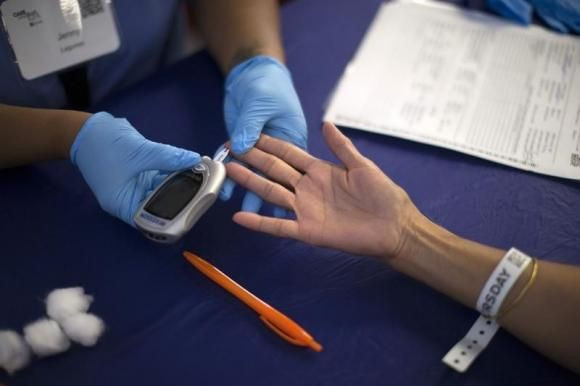World Diabetes Day 2015: Epidemic affecting lives across the globe

Each year, Nov. 14 marks the World Diabetes Day wherein different countries and organisations announce their strategy towards the management of the global diabetes epidemic.
It is estimated that more than 350 million people around the world suffer from diabetes, a condition wherein the affected individual is unable to metabolise the sugar that he or she consumed through food. More than 1.5 million people die each year because of the complications associated with diabetes.
To mark World Diabetes Day, the World Health Organization (WHO) has called for greater actions required to stop the diabetes epidemic, which is spreading across the globe at a much greater pace than before. The organisation has also announced that its annual World Health Day will focus on the issue of diabetes next year, wherein several efforts will be taken to raise awareness about the condition and its optimal management in the sufferers.
There are two types of diabetes. Type 1 diabetes typically affects children and young adults who are unable to produce their own insulin, a hormone that helps regulate blood sugar. In people suffering from Type 2 diabetes, either insufficient insulin is produced or it is resistant to its effect.
Unchecked blood sugar levels can have severe impact on a number of different organs. For example, it can damage eyes, skin, blood vessels and hearing ability of the affected individual. Such individuals are at a greater risk of heart attack and other cardiovascular disorders. In severe cases, the blood ceases to flow to the feet, making it necessary to amputate toes or a part of the foot or leg.
The WHO has projected that diabetes will be the 7th leading cause of death in the world by 2030. In Australia, diabetes is the leading cause of kidney failure requiring dialysis. It is also the leading cause of blindness in working aged adults. Diabetes Australia says that the disease is going to cripple the Australian health system if nothing is done to stop the epidemic, reports ABC News.
Contact the writer at feedback@ibtimes.com.au, or let us know what you think below.




















